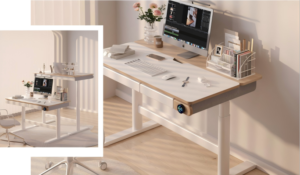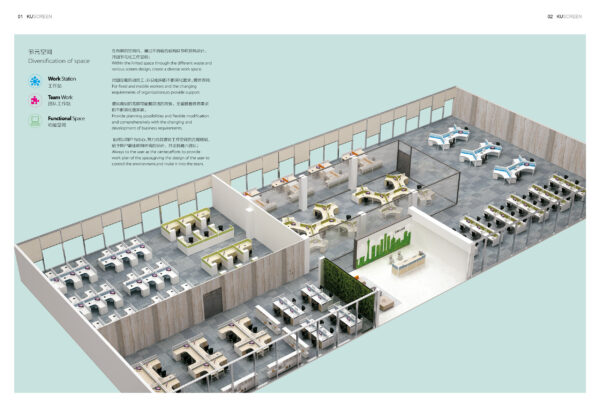
Many businesses struggle with choosing between retail and contract furniture. Making the wrong choice can lead to costly replacements and maintenance issues.
Contract furniture refers to commercial-grade furnishings specifically designed for high-traffic, non-residential spaces like offices, hotels, restaurants, and healthcare facilities. It meets strict durability and safety standards.
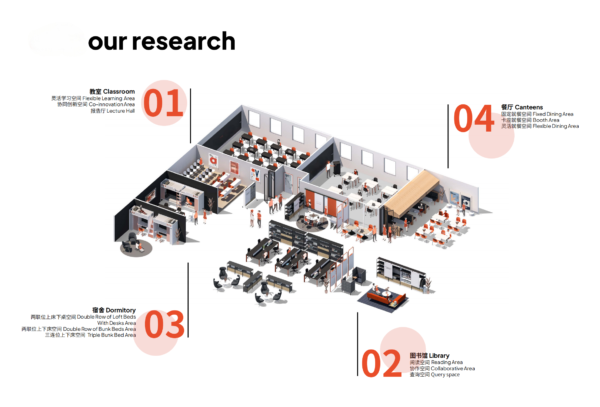
Let me share insights from my experience in manufacturing and supplying contract furniture to various industries.
How Does Contract Furniture Work?
Business owners often wonder about the process of acquiring contract furniture. The wrong approach can result in project delays and budget overruns.
Contract furniture involves direct collaboration between manufacturers and businesses, offering customized solutions that meet specific commercial requirements, including durability standards, safety regulations, and warranty terms.
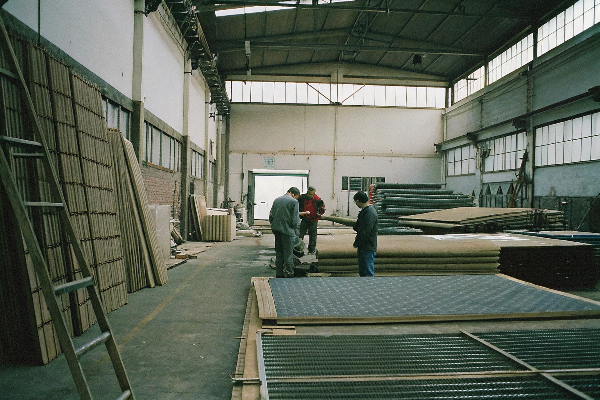
Through my years in contract furniture manufacturing, I've seen how complex the process can be. Here's a detailed breakdown:
Manufacturing Process Components:
-
Production Departments
- Solid Wood Workshop
- Upholstery Division
- Paint Shop
- Metal Workshop
- Assembly Line
-
Quality Control Points
- Material Testing
- Production Monitoring
- Final Inspection
- Compliance Checking
Project Implementation Stages:
| Stage | Activities | Timeline |
|---|---|---|
| Planning | Requirements gathering, design proposal | 2-3 weeks |
| Production | Manufacturing, quality control | 4-8 weeks |
| Delivery | Logistics, installation planning | 2-3 weeks |
| Installation | On-site setup, final inspection | 1-2 weeks |
Is Contract Grade Furniture Better?
Many decision-makers question the value of investing in contract furniture versus retail options. This uncertainty can lead to costly mistakes.
Contract grade furniture offers superior durability, meets strict safety standards, and includes comprehensive warranties. It's specifically engineered for heavy use in commercial environments.
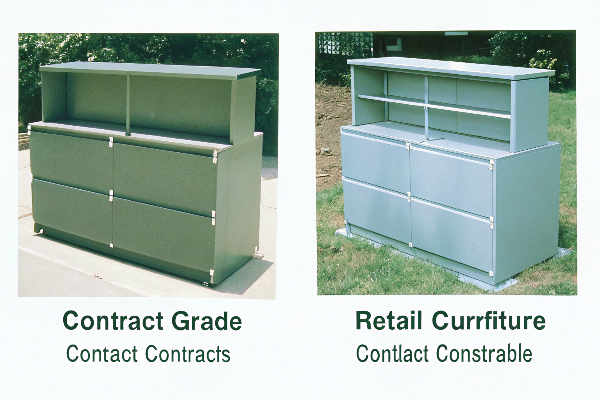
Based on my experience with both retail and contract furniture, here's why contract furniture often proves superior:
Key Advantages:
-
Durability Features
- Commercial-grade materials
- Reinforced construction
- Heavy-duty hardware
- Stress-tested joints
-
Safety Standards
- Fire-resistant materials
- Non-toxic finishes
- Weight capacity testing
- Stability certification
-
Performance Benefits
- Extended lifespan
- Lower maintenance costs
- Better warranty coverage
- Professional support
What is the Meaning of Contract Furniture?
Understanding contract furniture's scope helps businesses make informed decisions. Misunderstanding can result in inappropriate furniture selections.
Contract furniture encompasses professionally designed and manufactured furnishings for commercial spaces, meeting specific industry standards and regulations while offering customization options.
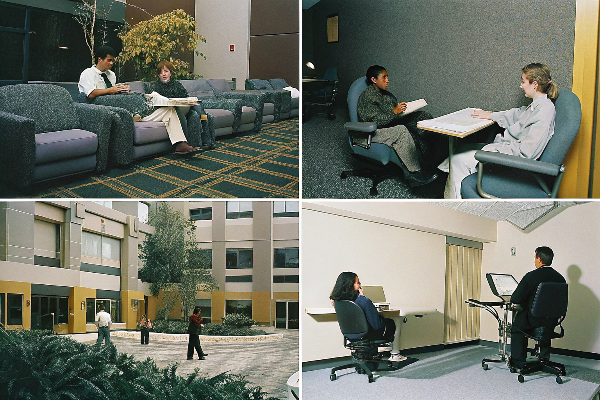
From my experience working with various commercial projects, I've observed how contract furniture serves different sectors:
Industry Applications:
-
Hospitality Sector
- Hotel furnishings
- Restaurant seating
- Bar furniture
- Lounge areas
-
Healthcare Facilities
- Medical office furniture
- Patient room furnishings
- Waiting area seating
- Administrative spaces
-
Educational Institutions
- Classroom furniture
- Library settings
- Cafeteria equipment
- Administrative offices
What is Contract Quality Furniture?
Quality standards in contract furniture can be confusing. Understanding these standards is crucial for making appropriate investments.
Contract quality furniture meets rigorous testing standards, uses superior materials, and undergoes strict quality control processes to ensure longevity in high-traffic commercial environments.
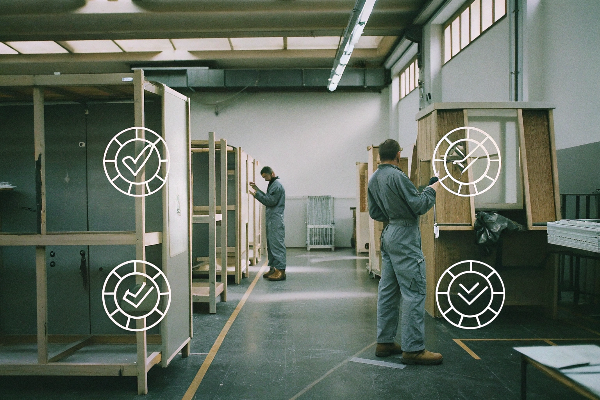
Through our manufacturing processes, we've developed comprehensive quality control measures:
Quality Assurance Elements:
-
Material Standards
- Commercial-grade fabrics
- High-density foams
- Reinforced frames
- Durable finishes
-
Testing Protocols
- Weight capacity tests
- Durability testing
- Chemical resistance
- Wear resistance
-
Certification Requirements
- Industry standards
- Safety regulations
- Environmental compliance
- Performance certifications
Manufacturing Excellence:
- Specialized production facilities
- Skilled craftspeople
- Advanced machinery
- Quality control at every stage
Conclusion
Contract furniture represents a specialized category of commercial-grade furnishings designed for durability, safety, and functionality in high-traffic environments. By choosing contract furniture, businesses invest in long-lasting, compliant solutions that meet specific industry needs while reducing long-term costs.
Get in Touch
Quick Message
You may also be interested in:

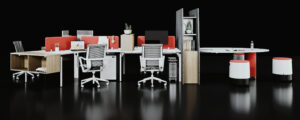
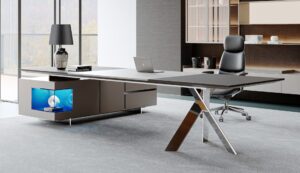
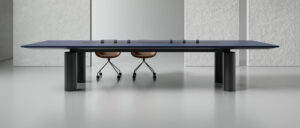
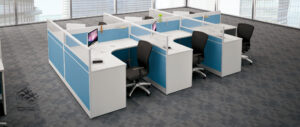
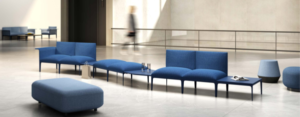
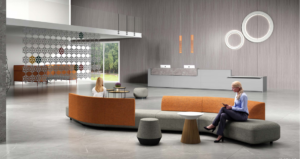
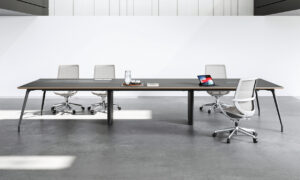
Conference Room Ideas for Smart Work: Collaboration, Technology & Employee Experience
Today's meetings demand effici

What Are My Options for Modern Office Furniture in Australia?
As someone who's supplied offi
